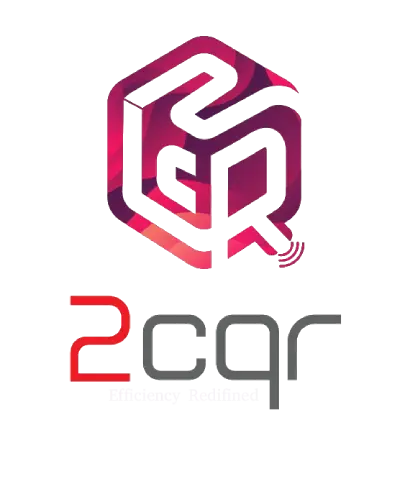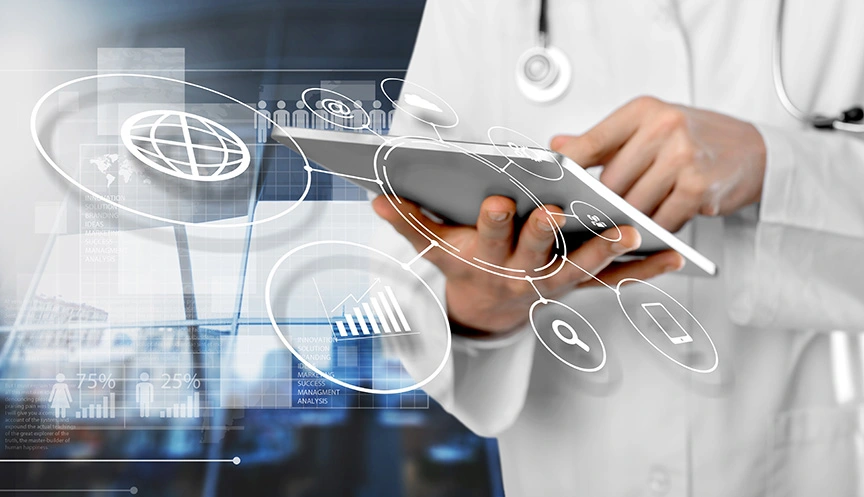How RFID Works in Hospitals?
RFID technology relies on radio waves to transmit data between RFID tags and readers. In hospitals, the process involves:
-
Tagging :
RFID tags can be attached to patient cards , Hospital equipments , patients, and even medical staff based on the type of solution the hospital is looking foir .
-
Readers :
RFID readers can be either handheld or placed strategically within the hospital scan and collect data from the tags.
-
Data Integration :
Collected data is integrated into the hospital's ERP system for real-time monitoring and management.

